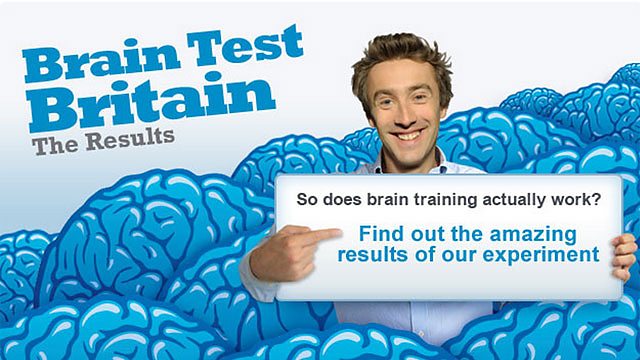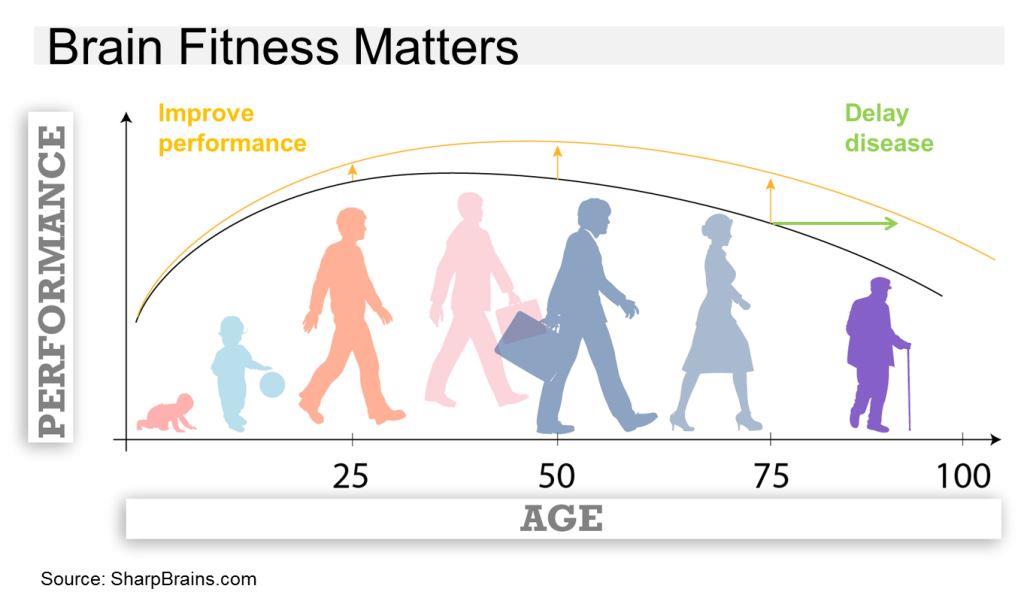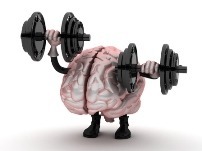Posts Tagged ‘BBC brain training’
BBC brain training study apparently retracts previous overgeneralized claim that “brain training doesn’t work”
Online brain training ‘helps older adults with everyday tasks’ (BBC): “Nearly 7,000 people aged 50 and over signed up for the six-month experiment, launched by BBC TV’s Bang Goes The Theory…Some of the volunteers were encouraged to play online brain training games for 10 minutes at a time, as often as they wished. The others —…
Read MoreTo reach your cognitive potential across the whole lifespan, augment healthy lifestyle with brain training
Can You Get Smarter? (The New York Times): “A few years back, a joint study by BBC and Cambridge University neuroscientists put brain training to the test…There was, however a glimmer of hope for subjects age 60 and above…Unlike the younger participants, older subjects showed a significant improvement in verbal reasoning
Read MoreCan brain training work? Yes, if it meets these 5 conditions
In a modern society we are confronted with a wide range of increasingly abstract and interconnected problems. Successfully dealing with such an environment requires a highly fit brain, capable of adapting to new situations and challenges throughout life. Consequently, we expect cross-training the brain to soon become as mainstream as cross-training the body is today,…
Read MoreAnother victim of the BBC/Nature “brain training” experiment
Have you read the cover story of the New Scientist this week: Mental muscle: six ways to boost your brain? The article, which includes good information on brain food, the value of meditation, etc., starts by saying that: “Brain training doesn’t work, but there are lots of other ways to give your grey matter a…
Read MoreNeeded: funding for innovative research on slowing cognitive decline via cognitive training
I was really interested in the recent critique of the BBC brain training experiment by Dr. Elizabeth Zelinski. I think Owens et al (2010) was a critical piece of research which was not conducted in the right way and was focusing on the wrong sample population. I totally agree with the comments by Dr. Zelinski…
Read MoreBBC “Brain Training” Experiment: the Good, the Bad, the Ugly
You may already have read the hundreds of media articles today titled “brain training doesn’t work” and similar, based on the BBC “Brain Test Britain” experiment. Once more, claims seem to go beyond the science backing them up … except that in this case it is the researchers, not the developers, who are responsible. Let’s…
Read More


